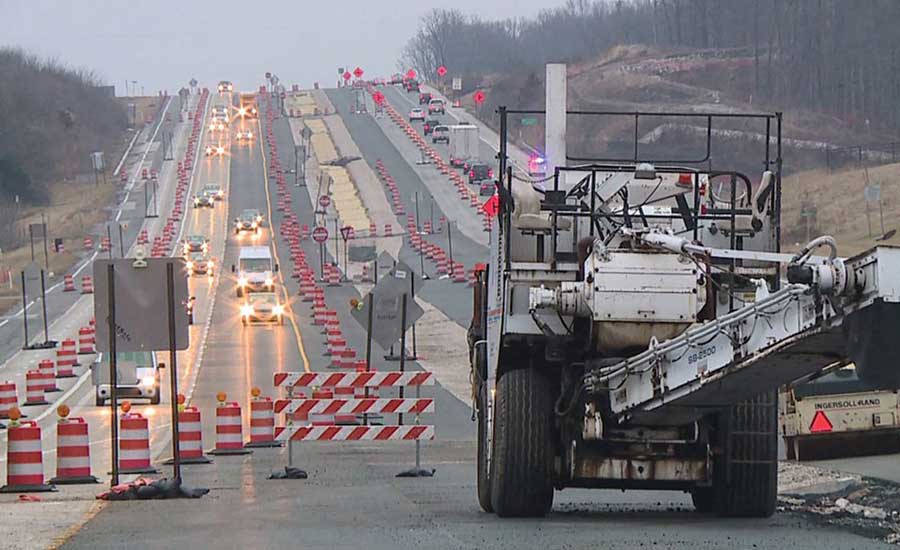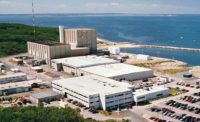Indiana will assume control of a nearly $476-million public-private-partnership project to complete a 21-mile section of I-69 that is two years behind schedule. The state is set to terminate the contract with the Spanish-led developer and has named Walsh Group, a former P3 project competitor, as construction manager to complete work.
The Indiana Finance Authority said June 16 that it and the developer’s bondholders reached a settlement agreement in principle for the state to assume control of the 21-mile I-69 section from Indianapolis to Evansville. The IFA board will vote on the agreement June 29 and the Indiana Dept. of Transportation will take direct control of the project by July 31, IFA said.
“I believe this is the first P3 to fail during construction,” says William Reinhardt, editor of industry publication Public Works Financing.
The authority in 2014 selected a team led by Isolux Infrastructure Netherlands, a unit of Spain-based Grupo Isolux Corsan, to design, build, finance, operate and maintain the project. Grupo Isolux—ranked at No. 117 on ENR’s list of the Top 250 Global Contractors, with nearly $2.4 billion in reported 2015 revenue—now faces insolvency.
Isolux Infrastructure was split from the parent and now is owned by Public Sector Pension Investment Board, a Canadian pension fund.
Others that competed for the P3 job were Macquarie Capital Group, with Lane Infrastructure and Parsons Brinckerhoff; Plenary Group, with Granite Weber and AECOM; and Walsh Investors, with Walsh Construction and Parsons Transportation Group.
Isolux’s $325-million bid was $75 million less than the closest proposal, sources familiar with the project said.
IFA and state DOT staff scored the bid and awarded the contract, said Dan Huge, IFA’s public finance director. The project has $185 million in federal funds and Federal Highway Administration procurement oversight.
Vice President Mike Pence (R), then Indiana governor, signed off on the project, Huge said.
Standard & Poors on June 6 placed the project on creditwatch with negative implications, and said without additional private activity bonds from the pension fund, the project would run out of money by the end of July before the next interest payment was due in September.
“Construction efforts remain exceptionally behind schedule,” S&P said.
The project originally was to be completed in October 2016 but now appears to be about 60% complete. IFA now expects completion in August 2018.
IFA will issue $246 million in highway revenue bonds to fully replace the developer’s private activity bonds once the agreement is approved. It has estimated it will take $236.8 million to complete the project.
There is $72 million in remaining funds, leaving $164.8 million needed to complete construction and resolve claims that will be paid from availability payments the state had committed to under the P3 and $50 million from the developer.
The state will assume all future financial risk to operate, maintain the highway over 35 years. The more than 30 subcontractors working on the project will continue under INDOT.





